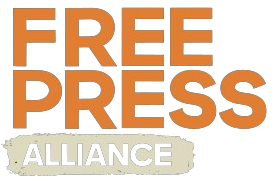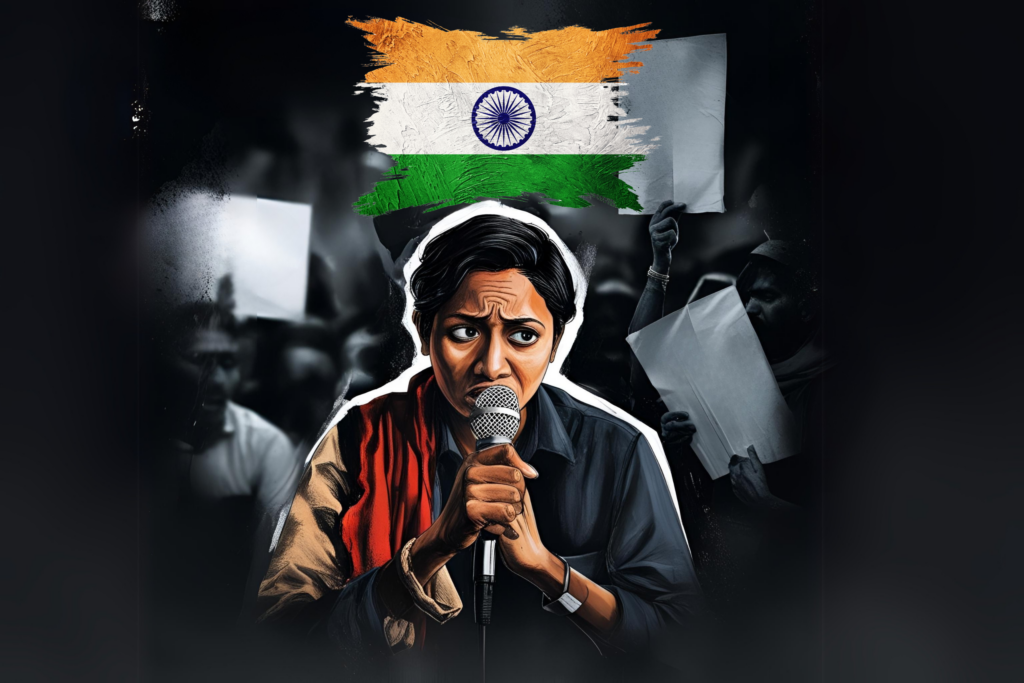India ranks 159th out of 180 countries in the Press Freedom Index, according to Reporters Without Borders, making it one of the most dangerous countries for journalists.
The Decline of Press Freedom Under Modi’s Leadership
Since 2014, India has been governed by Prime Minister Narendra Modi, leader of the Bharatiya Janata Party (BJP) and a key figure in Hindu nationalism. Under his rule, press repression has intensified, as powerful business families control major media outlets, limiting journalistic independence and diversity of opinion.
India’s Media Landscape: Control and Influence
India’s media landscape is vast, catering to a population of 1.4 billion people and 197 million households with television sets. The country has nearly 900 private TV channels, with half dedicated to news. The public broadcaster, Doordarshan, operates in 23 languages and reaches millions. Despite the continued significance of print media, with around 140,000 publications in over 20 languages and a combined circulation of 390 million copies, digital news consumption has surpassed print, particularly among younger audiences. However, radio news remains strictly controlled by the government through All India Radio (AIR).
The Rise of “Godi Media” and BJP’s Influence on Journalism
Since Modi took office, India’s media has faced an “unofficial state of emergency”, marked by the strong alliance between the BJP and influential media moguls.
- Mukesh Ambani’s Reliance Industries owns over 70 media outlets, reaching at least 800 million Indians.
- Gautam Adani’s 2022 acquisition of NDTV a once-independent news channel has further eroded media pluralism.
- The rise of “Godi media” (a term blending Modi’s name with “lapdogs”) reflects the growing prevalence of pro-BJP propaganda.
- Modi openly criticizes journalists, bypassing traditional media to communicate directly with supporters.
- Independent journalists face harassment, often targeted by BJP-affiliated trolls, limiting press freedom and critical reporting.
Government Crackdown on Journalists Intensifies
Recently, press suppression in India escalated. On March 8, 2025, the killing of journalist Raghvendra Bajpai correspondent for the Hindi daily Dainik Jagran, who was shot dead in the northern state of Uttar Pradesh after leaving his home for a meeting, heightened concerns about journalist safety in the country. While it is not confirmed that his death was linked to his work, his family believes he was targeted for his investigative reporting on irregularities and stamp duty evasion. At least 25 people are connected to the case, but no arrests have been made.
Then, on March 12, 2025, Hyderabad police arrested two journalists Revathi Pogadadanda and Thanvi Yadav for sharing a controversial video on YouTube and social media. The video featured a farmer criticizing the Congress government over agricultural hardships.
- The journalists were detained at 5 a.m., sparking nationwide outrage.
- They were granted bail after five days, but still face charges under India’s Bharatiya Nyaya Sanhita and Information Technology Act.
- The charges include criminal conspiracy, inciting hatred, disturbing public order, and publishing obscene material.
Political Leaders Threaten Press Freedom
Telangana Chief Minister A. Revanth Reddy condemned political criticism that involved personal attacks on his family. He responded with threats of public humiliation, stating:
“Anyone can start a YouTube channel and say whatever they want… My blood boils when family members are targeted. As Chief Minister, I say this I will strip them and parade them on the streets.”
Reddy also proposed new legislation to regulate media freedom and redefine journalism in the digital era. He called for discussions with journalist associations to draft new laws aimed at controlling media and social media content.
Free Press Alliance Stands Against Censorship
At Free Press Alliance, we strongly condemn these actions and urge all journalists in India to take measures to protect their integrity.
- Press freedom is a cornerstone of democracy, and its suppression threatens fundamental rights.
- Censorship, intimidation, and violence against journalists will not be tolerated.
- The world is watching, and the voices of truth must not be silenced.
We will continue to fight against press repression and support independent journalism in India.

